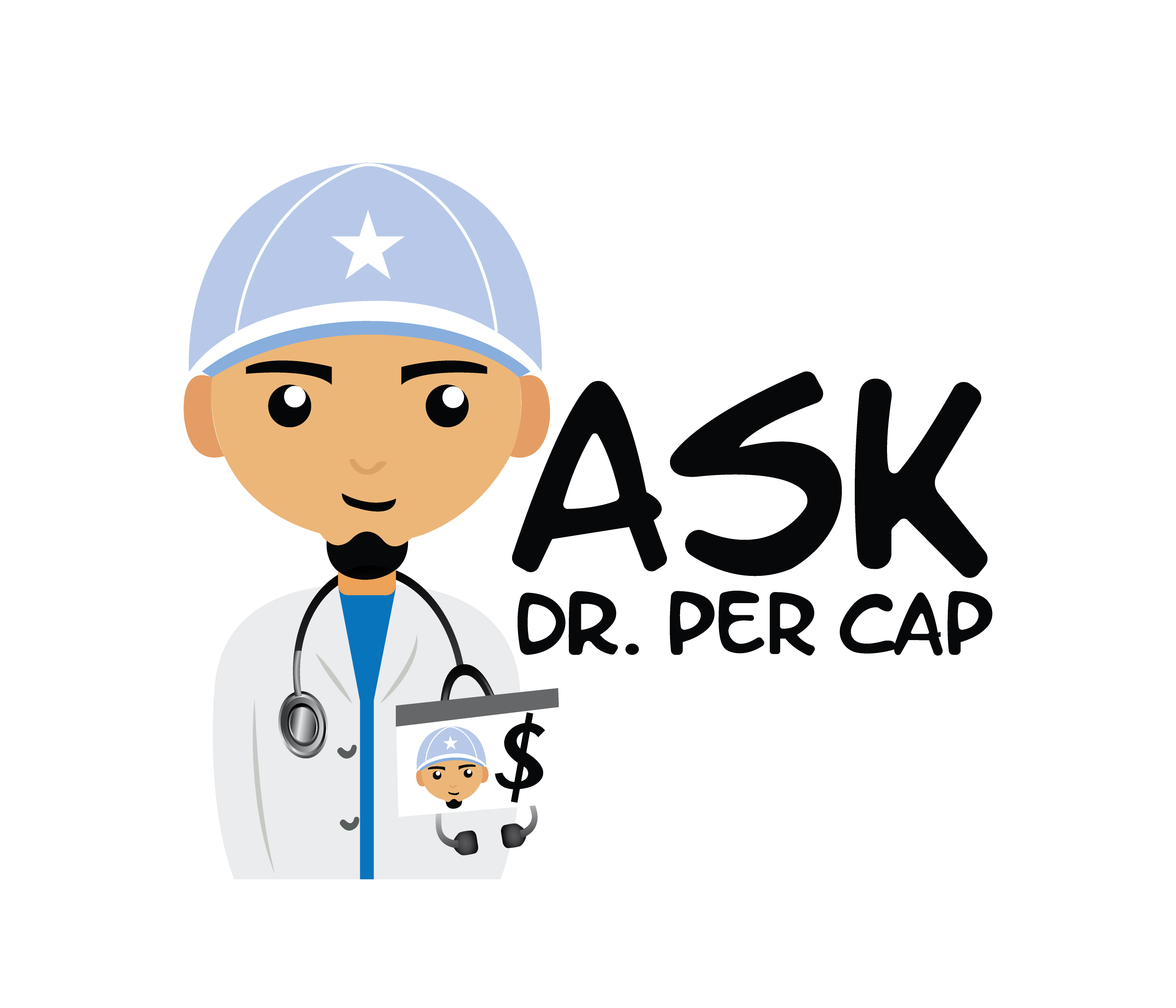
Dear Dr. Per Cap:
I have student loans and a car loan. Why did I have to provide so much more personal information when applying for the car loan as opposed to the student loans, especially when the student loans amount to a lot more borrowed money?
Signed,
Studying Hard
Dear Studying Hard
I’m glad you’re paying attention. Banks that offer consumer loans dig deep into borrowers’ finances because they want to make sure the loans are paid back. Common sense says the same logic holds true with student loans but not so fast.
Consumer loans are approved using the 3 C’s of Credit – Capacity, Character, and Collateral. And yes, it gets very personal.
Capacity, the ability to pay back a loan, determines if a person has enough income to make loan payments. Lenders review monthly debt payments and paystubs to make sure a person isn’t top-heavy with debt.
Character is a person’s reputation as a reliable and trustworthy borrower. Late payments, repossessions, and other delinquencies show up on a credit report with a low credit score.
Collateral refers to personal resources and assets a borrower can use to guarantee repayment. Collateral could mean money in the bank or an existing asset. Get ready to fork over bank statements and car titles.
However, none of these rules apply when it comes to the no-questions-asked student loan industry. Student loans come in two types – government student loans which make up about 90 percent of outstanding student loans and private loans backed by the government which make up the remaining 10 percent.
Uncle Sam lends students more than $100 billion annually to cover tuition at colleges and universities across the country, all the while disregarding students’ credit scores and fields of study. The earning potential of a specific degree versus the cost of a student loan is also ignored.
If this sounds like riskier business than Tom Cruise in the eighties you’re not alone. Many federal student loans go to student borrowers with sub-prime credit scores (620 and below on a scale of 300 to 850). Moreover, it’s estimated that $435 billion of current government student loans will default badly enough to never be paid back.
At the root of the problem lies the fact that unlike consumer loans, student loans are guaranteed by the federal government. That means if students don’t pay them back American taxpayers take the hit not a bank or a school. This government guarantee has enabled total student debt to become the largest type of personal debt in the U.S. next to home mortgages. It’s also why student loan applications don’t require as much personal info as consumer loans.
The problem has gotten so bad many voices are calling for student loan forgiveness. In fact the incoming presidential administration hopes to automatically forgive $10,000 of student debt for every American with federal student loans. Others want all student loans forgiven. That’s right $1.6 trillion of debt wiped clean.
Naturally some folks who don’t have student loans or paid them back as agreed hate this idea, claiming it would reward people for bad financial decisions. Others say that forgiving student loan debt would be good for the economy because the repayment money could be better spent elsewhere. Still others point fingers at colleges and universities where average tuition has skyrocketed more than 1,300% since 1978.
Like every touchy financial topic, there’s no shortage of strong opinions. But here’s an idea. Just because getting a student loan is easy doesn’t mean a person needs to take one. Instead students can do their own due diligence to determine if the 3 C’s stack up in their favor, regardless of how big a loan they qualify for. Keep studying hard!Ask Dr. Per Cap is a program funded by First Nations Development Institute with assistance from the FINRA Investor Education Foundation. For more information, visit www.firstnations.org. To send a question to Dr. Per Cap, email askdrpercap@firstnations.org.
